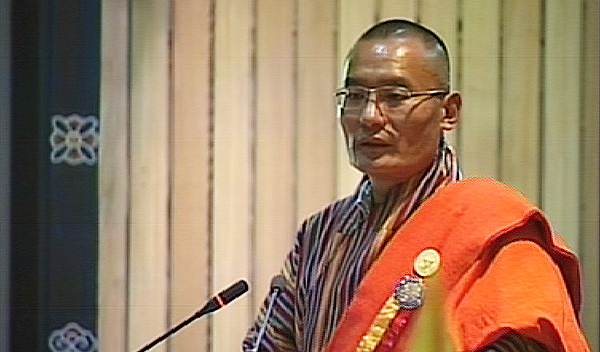 Prime Minister Tshering Tobgay said there is no need for tourism bill but refers to the government economic development policy decision of having a comprehensive policy in 2017.
Prime Minister Tshering Tobgay said there is no need for tourism bill but refers to the government economic development policy decision of having a comprehensive policy in 2017.
Lyonchhen made this statement after the National Council asked the government to explain why it has failed to adopt tourism policy and table the tourism bill to support the sector.
Concerned about the challenges and problems in the tourism sector, the National Council conducted a detailed review of the sector and provided a set of recommendations.
The observations of the council were further reconfirmed in the findings of the performance audit of the tourism sector conducted by the Royal Audit Authority, this year.
One of the key observations was that in the absence of a comprehensive policy and supporting laws, several problems were emerging.
Gasa’s National Council member, MP Sangay Khandu said several attempts to adopt a comprehensive policy and pass a bill for the sector have been unsuccessful and that the government, both the past and present, have failed to move forward on this issue.
“Does the government has the confidence to overcome the barriers and foresee the adoption of the policy and tabling of the bill during its tenure in office?” asked MP Sangay Khandu.
To this, the Prime Minister said since the tourism sector is doing quite well, the government decided not to work on tourism bill for now.
“But for the comprehensive tourism policy, the government will work on it this year as mentioned in EDP (Economic Development Policy) 2016. Similarly rules and regulations were approved by the government this February. We did not fail because at present situation our tourism sector is doing well,” asserted the Prime Minister.
Council’s review and the Audit Report showed that the sector and the Tourism Council of Bhutan face many problems including weak institutional capacity, lack of coordination, inadequate monitoring, lack of internal controls, and weak accountability among others.
National Council said such deficiencies have created an environment for the potential emergence of business malpractices ranging from undercutting to possible tax evasion, which would dent the policy of “high value, low impact” tourism.








